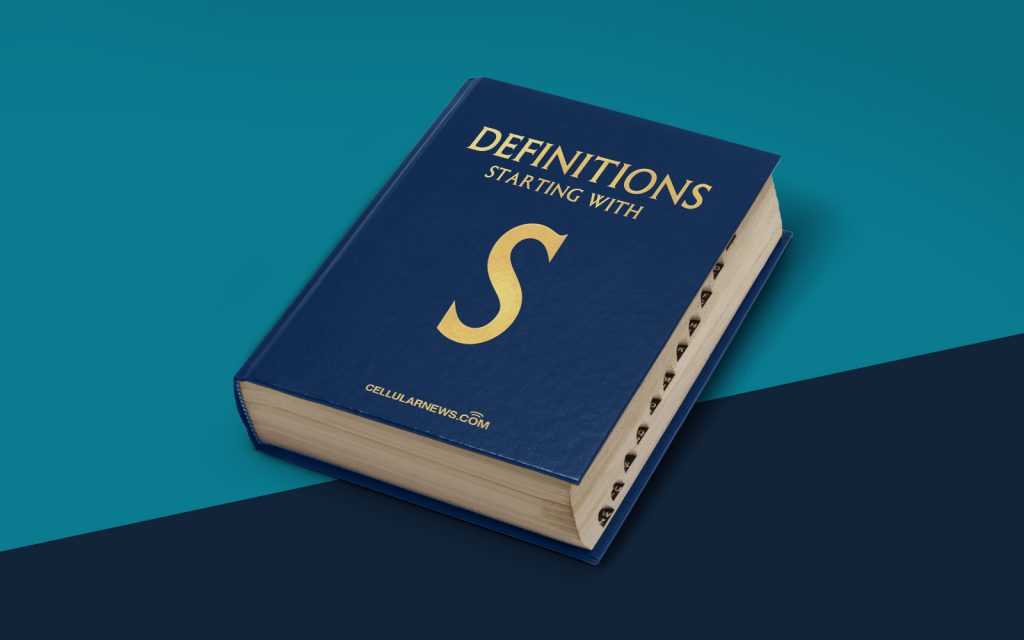
What is Social Media Fatigue?
Have you ever found yourself scrolling mindlessly through social media feeds, feeling like you’re trapped in a never-ending loop of posts, photos, and videos? Do you sometimes feel overwhelmed by the constant need to stay connected and up-to-date with the virtual world? If so, you may be experiencing a phenomenon known as social media fatigue.
Social media fatigue refers to the feeling of exhaustion or burnout that can arise from prolonged and excessive use of social media platforms. It’s a state of mental and emotional exhaustion that occurs when individuals become overwhelmed by the constant flow of information, the pressure to maintain a certain online image, and the fear of missing out on what others are doing.
Key Takeaways:
- Social media fatigue is the feeling of exhaustion that can result from excessive use of social media platforms.
- It can be caused by the constant flow of information, pressure to maintain a certain online image, and fear of missing out (FOMO).
There are several factors that contribute to social media fatigue. Firstly, the constant bombardment of information from multiple social media platforms can be overwhelming. Our brains are not designed to process such a massive amount of information on a continuous basis, leading to mental fatigue.
Secondly, the pressure to maintain an impeccable online image can be stressful. Many people feel the need to present themselves in the best possible light, showcasing only the positive aspects of their lives. This constant self-presentation can be exhausting and lead to feelings of inadequacy when comparing oneself to others. This pressure puts a strain on mental health and overall well-being.
The fear of missing out, also known as FOMO, is a significant contributor to social media fatigue as well. Seeing others’ highlight reels and exciting experiences can instill a sense of anxiety and the fear of being left out. This fear can lead to compulsive checking of social media feeds to ensure we don’t miss out on any important updates, further intensifying the feeling of exhaustion.
So, how can we combat social media fatigue and find balance in the digital world?
Key Takeaways:
- Social media fatigue can be caused by information overload, pressure to maintain an online image, and fear of missing out.
- To combat social media fatigue, it’s important to set boundaries, take regular breaks, and engage in offline activities.
Here are a few tips to help you overcome social media fatigue:
- Set boundaries: Establish specific times of the day for social media use and stick to them. Avoid mindless scrolling before bed or during important tasks. Setting limits can help reduce the feeling of being constantly connected.
- Take breaks: Schedule regular social media detoxes. Step away from your devices, and engage in activities that bring you joy and relaxation. This will give your mind a chance to recharge and refocus.
- Diversify your activities: Find other hobbies and interests that don’t involve social media. Engaging in offline activities, such as exercise, reading, or spending time with loved ones, can help break the cycle of constant virtual engagement.
- Practice self-compassion: It’s important to remind yourself that what you see on social media is often curated and not a true reflection of someone’s entire life. Focus on your own journey and achievements, and don’t compare yourself to others.
Remember, social media can be a wonderful tool for connecting with others and staying informed. However, it’s essential to use it mindfully and prioritize your mental health. By implementing these strategies, you can find a healthy balance between the virtual world and the real world, effectively combating social media fatigue.
Don’t let social media fatigue overshadow the joy of genuine human connections and meaningful offline experiences. Take control of your social media habits and reclaim your mental well-being!
